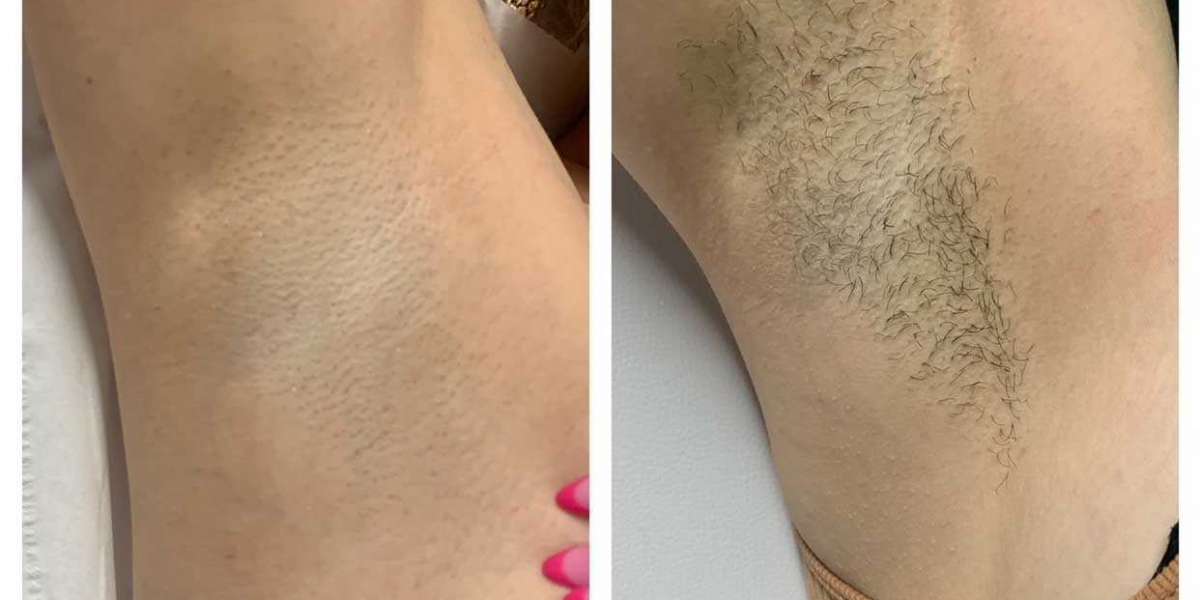How To Trade In Futures And Options
Futures and options are other kinds of derivatives where you can earn money by trading other products. By specifying the price of selling or buying, these twins secure you from the fluctuations happening in the market. However, the trade is more complex than that. Trading often involves more than just these twins and it is extremely fast-paced. Though many people invest in it through a trader, it’s always better to understand them first before actually placing your bet. Let’s look at what you need to know about futures and options.
Who Should Invest in Futures and Options?
Futures and options trading involves a strong element of speculation and is therefore not suitable for all investors. It is most often used by hedgers or speculators who have an understanding of the stock market and are prepared to track the market at all times.
- Hedgers: Hedgers often lock in a price for a given product for delivery at a future date. This way, they insulate themselves against sudden changes in market prices. For example, when selling the asset, hedgers might choose to get paid in advance and will deliver the goods by the due date. By locking the price, they protect themselves from an adverse market movement that could adversely affect their profit margins. However, this also means they will have to deliver the goods at that price irrespective of their market value on the predetermined date.
- Speculators: Derivatives trading has a strong element of speculation where you are agreeing to trade at a fixed price. Speculators will study the market, news events that are likely to impact trading and make an educated guess at the price. They will typically look to buy at a low price in the short term while speculating on higher returns in the long run.
How To Trade/Invest in Futures and Options?
How To Trade In Futures And Options: You do not need a Demat account to trade in futures and options. You can trade on your own through a brokerage account.
- Derivative trading in the stock market
Futures and options are the two major types of derivatives or instruments whose value is based on an underlying asset. You can trade in derivative instruments at the National Stock Exchange (NSE) and the Bombay Stock Exchange (BSE). The NSE allows futures and options trade in over 100 securities and nine major indices. As the derivative that sees more leverage, futures tend to move faster than options. The maximum duration for a futures contract is three months. In a typical futures and options transaction, the traders will usually pay only the difference between the agreed-upon contract price and the market price. Hence, you don’t have to pay the actual price of the underlying asset.
- Derivative trading in commodities
Anyone who has had experience with commodities trading would know that online trading of these products entails a lot of risks, even for seasoned investors. Commodity futures and Options Trading is one way to earn some extra money if you know what you are doing. But those who are new to this might find it overwhelming at first. This article will shed light on the basics of commodity training, the different markets where futures and options are present, as well as its advantages and disadvantages.
To learn more about How To Trade In Futures And Options follow the link given.







